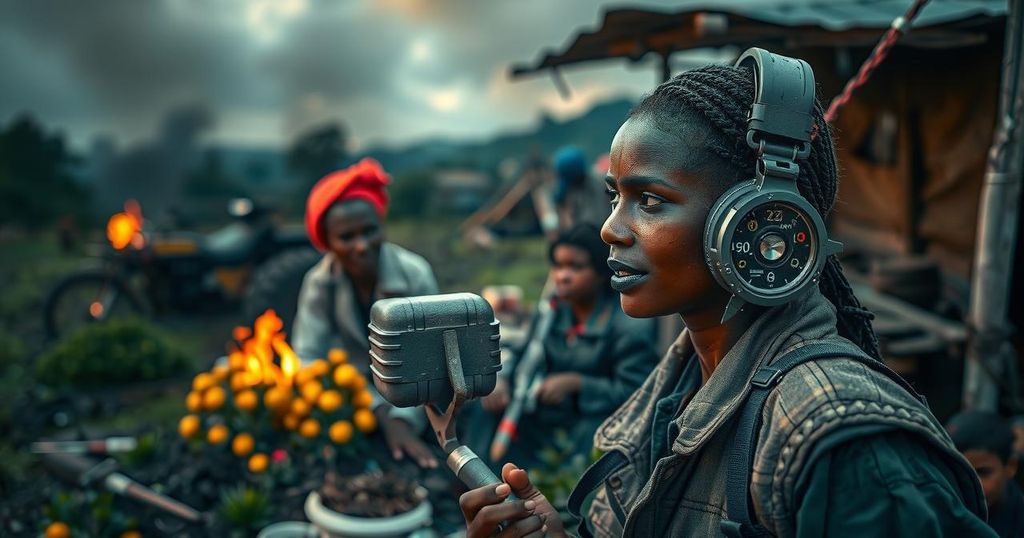South Sudan, the youngest country globally, remains caught in a cycle of civil conflict and humanitarian crises 13 years post-independence. Established following a peace agreement in 2005, it faced civil war in 2013 that resulted in significant displacement. A power-sharing agreement in 2018 raised hopes for stability, yet ongoing issues, including recent natural disasters, continue to challenge the country’s progress.
South Sudan, recognized as the world’s youngest nation in 2011, continues to grapple with the profound challenges of civil unrest and violence that have characterized its short existence. Established following a 2005 agreement aimed at concluding a long-standing conflict with Sudan, South Sudan’s autonomy has not ushered in the anticipated peace and stability. The country descended into civil war in 2013 after President Salva Kiir Mayardit dismissed his cabinet and accused Vice-President Riek Machar of orchestrating a coup attempt. This brutal conflict claimed countless lives and forced more than 4 million individuals to flee their homes. Although a United Nations peacekeeping mission was deployed, it has struggled to contain the violence, which has unfortunately become a normalized aspect of life in the region. In a glimmer of hope, various factions signed a power-sharing agreement in 2018, leading to a formal cessation of hostilities between the president and former vice-president, establishing a tenuous peace. However, the ongoing crisis in neighboring Sudan has exacerbated the situation, with South Sudan now hosting approximately 500,000 refugees.
South Sudan’s journey towards independence was marked by a significant history of conflict and strife. Formed from the southern region of Sudan, it emerged as an independent state following a peace agreement aimed at resolving decades of civil war. Nevertheless, the anticipated tranquility was short-lived as political divisions and civil war erupted shortly after independence. The international community has been involved in peacekeeping efforts, yet the situation remains dire due to continual political turbulence and economic hardships.
Despite its recognition as a sovereign nation, South Sudan continues to be plagued by ongoing conflict, humanitarian crises, and a lack of sustainable peace. The country has not been able to escape the shadows of its past struggles despite attempts at power-sharing and relief efforts. Thus, while there are moments of hope, the realities of famine, displacement, and civil unrest present significant challenges that necessitate ongoing international attention and support.
Original Source: www.express.co.uk






